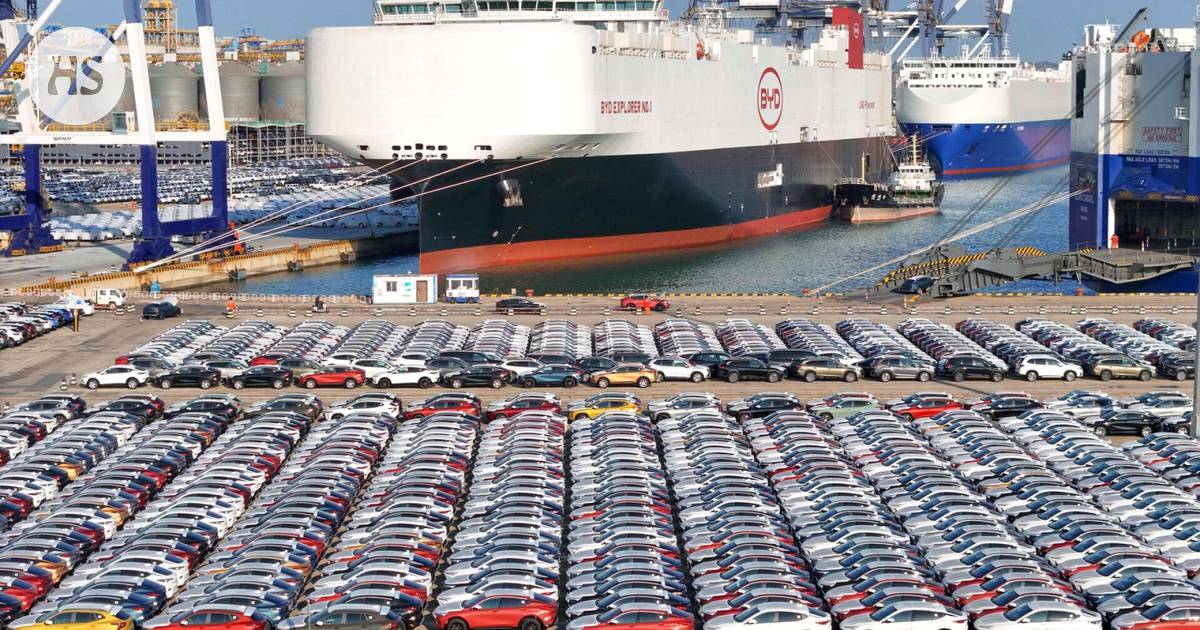
German Automotive Industry Fears Chinese Counter-Tariffs; VDA Urges EU to Waive Tariffs on Chinese Electric Cars
The German automotive industry is concerned about the potential counter-tariffs from China that could harm their manufacturers heavily exporting to China. In response, the automotive industry’s interest organization in Germany, VDA, has urged the European Commission to waive tariffs on Chinese electric cars to avoid harming European and US car manufacturers. The petition was filed on Wednesday as a last-minute effort to influence negotiations between China and the EU before the implementation of customs duties starting on Thursday.
The EU had previously decided to impose punitive tariffs on electric cars from China, ranging from 17-38 percent depending on the manufacturer. However, negotiations between China and the Commission are ongoing, with China denying accusations of supporting local electric car manufacturers unfairly. Trade with China is crucial for Germany, as about 30 percent of German automakers’ sales come from China. The value of exports from Germany to China is significantly higher than imports, emphasizing the importance of maintaining a good trade relationship.
Instead of focusing on tariffs, the advocacy organization suggests that the Commission should work on securing the supply of critical raw materials and reducing market access barriers for the European electric car industry. In response to potential tariffs on European gasoline cars, Chinese car manufacturers have urged China to raise customs duties. While support for tariffs varies across European countries, trade relationships with China remain important for the automotive industry and require careful consideration and negotiation.
The risk of retaliation with counter-tariffs is significant due to Germany’s high exports to China in its automotive sector. Any increase in tariffs could lead to higher prices for consumers in countries like Finland, making them uncertain about their costs associated with these products.
Therefore, it is essential for both parties involved in negotiations between Europe and China to find an agreement that benefits both economies without causing significant harm or disruptions in international trade relations.
In conclusion, trade relationships between Europe and Asia are crucial for various industries worldwide. Both sides must work together towards finding solutions that benefit everyone involved while avoiding any negative consequences that could damage economic growth and stability globally.

